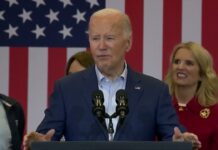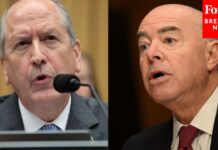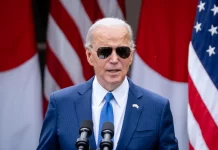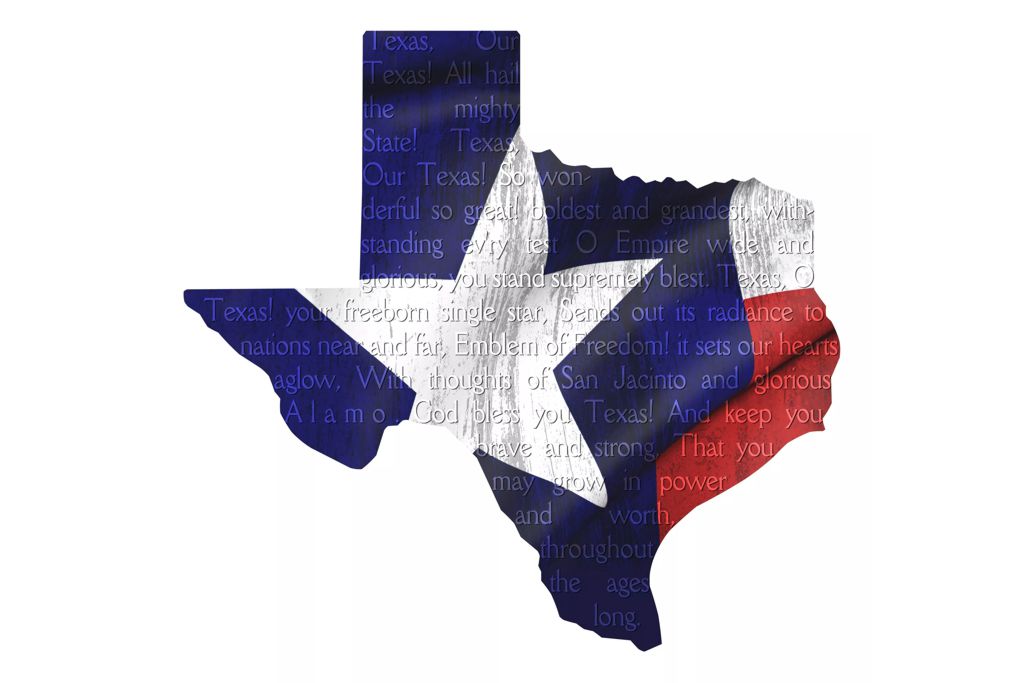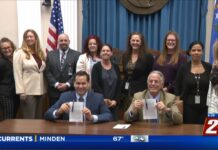On Friday, December 11, 2020, the U.S. Supreme Court of the United States rejected Texas’ bid to challenge the 2020 election results in the four battleground states of Pennsylvania, Georgia, Michigan, and Wisconsin.
In an order, the justices denied Texas’s request opining that the Lone Star State lacked legal standing to sue under the Constitution.
“Texas has not demonstrated a judicially cognizable interest in the manner in which another State conducts its elections,” the order read. “All other pending motions are dismissed as moot.”
Justice Samuel Alito issued a separate statement, saying that “In my view, we do not have discretion to deny the filing of a bill of complaint in a case that falls within our original jurisdiction. … I would therefore grant the motion to file the bill of complaint but would not grant other relief, and I express no view on any other issue.”
Justice Samuel Alito was joined by Justice Clarence Thomas in his statement.
(ORDER LIST: 592 U.S.)
FRIDAY, DECEMBER 11, 2020
ORDER IN PENDING CASE 155, ORIG. TEXAS V. PENNSYLVANIA, ET AL.
The State of Texas’s motion for leave to file a bill of complaint is denied for lack of standing under Article III of Constitution. Texas has not demonstrated a judicially cognizable interest in the manner in which another State conducts its elections. All other pending motions are dismissed as moot.
Statement of Justice Alito, with whom Justice Thomas joins: In my view, we do not have discretion to deny the filing of a bill of complaint in a case that falls within our original jurisdiction. See Arizona v. California, 589 U. S. _ (Feb. 24, 2020) (Thomas, J., dissenting). I would therefore grant the motion to file the bill of complaint but would not grant other relief, and I express no view on any other issue.
CERTIORARI GRANTED
20-222 GOLDMAN SACHS GROUP, ET AL. V. AR TEACHER RETIREMENT, ET AL.
The petition for a writ of certiorari is granted.
121120zr_p860









